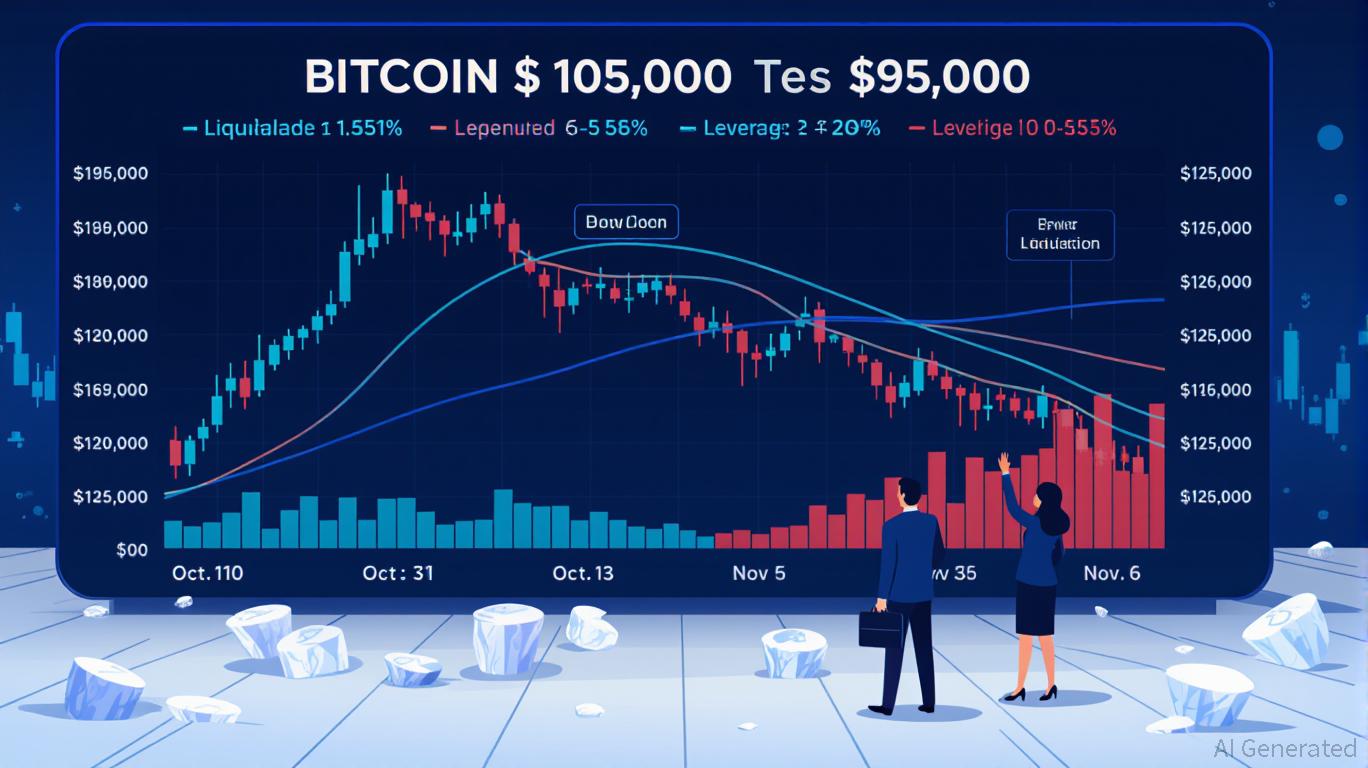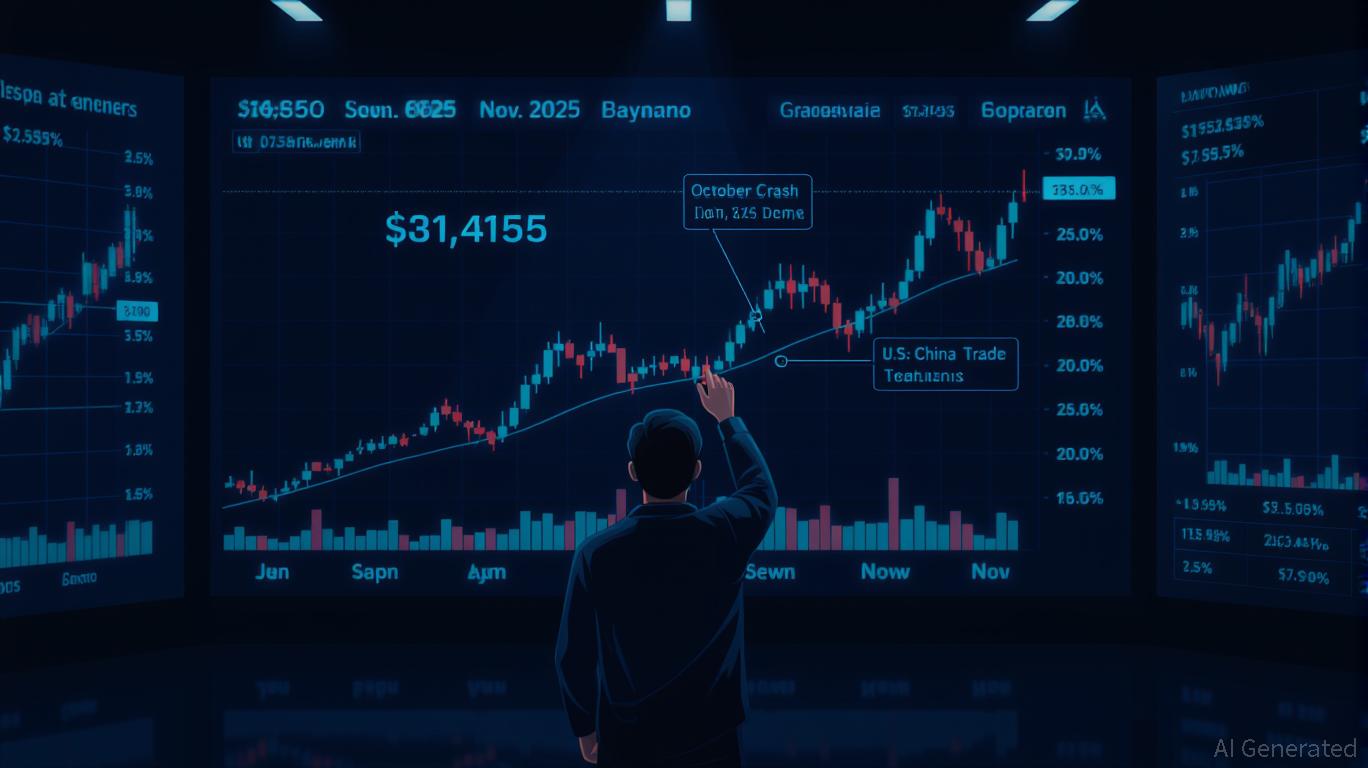Top Expert Breaks Down the Real Reason XRP Exists
Prominent crypto pundit Paul Barron highlights the unfolding fragmentation of global finance, revealing the true motive behind XRP’s existence.
In a recent X post, Barron, the host of the Paul Barron Network (PBN), indicates that banks are currently racing to launch their own stablecoins.
Banks Pursuing Separate Stablecoin Initiatives
He pointed out that financial institutions, including JPMorgan, Bank of America, Citigroup, and Wells Fargo, are currently developing a U.S. Consortium stablecoin.
While these respective stablecoin initiatives represent progress, they also introduce a key challenge in the form of fragmentation. Barron noted that these financial institutions are only seeking control, not shared, neutral infrastructure.
Highlighting this issue, Barron questioned how these isolated financial ecosystems would ultimately bridge their walled gardens and achieve true interoperability.
Why XRP Exists
Interestingly, he emphasized that this is exactly why XRP exists, suggesting that the token was designed to bridge this so-called walled garden.
In his reasoning, as banks create isolated ecosystems via their own stablecoins, a neutral bridge asset becomes essential for enabling value transfer between them. XRP, designed for fast, low-cost cross-border settlement, can serve as that interoperability layer, connecting these “walled gardens” of financial infrastructure.
XRP has served as a neutral bridge asset for cross-border settlements. Despite not being owned by any government or institution, financial institutions have leveraged it for cross-border transactions, eliminating the need for pre-funding of accounts while also freeing up liquidity.
Although Brad Garlinghouse joined Ripple in 2015, three years after XRP’s launch, Barron suggested that the Ripple CEO may have foreseen the current trend of banks pursuing control through proprietary systems.
In doing so, he likely anticipated that this fragmentation would ultimately increase global demand for a neutral and interoperable asset, such as XRP. Rather than compete against bank-issued digital currencies, Barron is of the view that XRP exists solely to connect them all.
Disclaimer: The content of this article solely reflects the author's opinion and does not represent the platform in any capacity. This article is not intended to serve as a reference for making investment decisions.
You may also like
ICP Network Expansion: Advancing Infrastructure Integration and Enhancing Token Use in 2025
- ICP Network's 2025 upgrades (2 TiB storage, AI integration) position it as a scalable Web3 infrastructure leader. - Cross-chain breakthroughs like Bitcoin DeFi Hub and Dogecoin support expand $600B+ market access through native swaps. - Enterprise partnerships with Azure/Google Cloud and 1.2M active wallets validate infrastructure adoption amid 30% price surge. - Industrial IoT and medical TPU collaborations demonstrate real-world blockchain applications beyond DeFi. - Q3 2025 challenges include 22.4% DA

ICP Caffeine AI: A Fresh Driving Force for the Integration of Web3 and AI?
- Dfinity's Caffeine AI platform (launched 2025) enables decentralized AI app development via natural language/code/image prompts, boosting ICP's price 56% in one day. - ICP's infrastructure now supports 1.2M wallets and 237B TVL in Q3 2025, aided by Microsoft/Azure partnerships and industrial IoT solutions. - Despite 30% Q3 price surge and 261% trading volume spike, DApp engagement fell 22.4%, highlighting adoption challenges amid competition from Palantir and BigBear.ai. - Institutional interest grows vi

Bitcoin Leverage Liquidation Turmoil: Managing Market Fluctuations Through Careful Risk Strategies
- 2025 Bitcoin liquidation crisis exposed risks of 1,001x leverage as $20B+ in positions collapsed during November's $100,000 price drop. - Experts warn leveraged trading amplifies losses through panic selling cycles, with 300,000+ daily liquidations erasing $1.3B in November. - Institutional hedging strategies like JPMorgan's ETF accumulation and dynamic margin adjustments emerged as effective risk mitigation tools. - Analysts recommend avoiding extreme leverage, using stop-loss orders, and diversifying h

Bitcoin Price Fluctuations and Institutional Involvement in November 2025: Signs of Market Maturity or Continued Speculation?
- Bitcoin's November 2025 volatility (41% spike post-September) reflects maturing institutional strategies amid $20B October liquidations. - $7.8B in Q3 2025 ETF inflows and $200B institutional holdings signal Bitcoin's shift from speculative asset to treasury tool. - Hedging mechanisms (covered calls, AI trading) reduced daily volatility to 2.1%, yet macro risks persist as seen in October's crash. - Galaxy Digital's $120,000 price cut and lingering retail speculation highlight Bitcoin's dual identity as b

